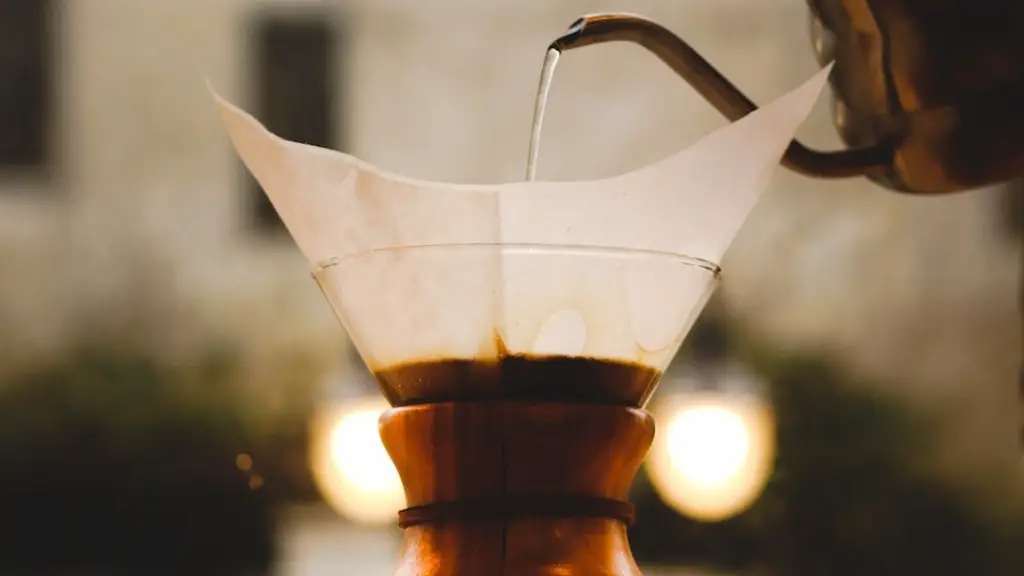Drinking coffee during your period can be both a blessing and a curse. On one hand, it can help to ease certain symptoms associated with menstruation such as cramping and fatigue. On the other hand, too much coffee can lead to dehydration and further worsen symptoms like bloating and headaches.
Coffee is known to contain caffeine, which is a stimulant that can increase energy levels and help you focus better. However, it is important to be mindful of your caffeine intake since it acts as a diuretic which means it will make you lose more water than usual. Additionally, drinking too much coffee may cause jitteriness or an irregular heartbeat.
In general, it is best to limit your coffee intake when you are on your period. A cup or two a day should suffice if you want to enjoy the benefits of coffee without risking potential side effects. It is also important to stay hydrated by drinking plenty of water throughout the day.
Does Caffeine Help with Menstrual Cramps?
Caffeine can be a great way to help relieve menstrual cramps. Studies have found that caffeine can reduce the intensity of menstrual cramps and shorten their duration. Caffeine works by blocking the production of certain hormones, including prostaglandins, which are involved in the contractions of the uterus that cause cramping. However, it is important to note that caffeine consumption should be moderated during your period as too much caffeine can lead to headaches, anxiety and other issues.
Therefore, drinking coffee on your period may be beneficial for relieving menstrual cramps when consumed in moderate amounts. The best way to know how much caffeine is right for you is to experiment and observe how your body responds to different amounts. If you find that it helps with your cramps, then having a cup or two of coffee during your period could be a great way to manage them.
Is Caffeine Consumption During Menstruation Safe?
Caffeine consumption during menstruation can be safe, however it is recommended to consume with caution. Caffeine can act as a diuretic, increasing the risk of dehydration and electrolyte imbalances. Additionally, caffeine can have an effect on hormones and interfere with the body’s natural cycle. It is best to consume caffeine in moderation and to avoid overconsumption. If you experience any discomfort or adverse effects from drinking coffee on your period, it is best to stop consuming it. It is always important to listen to your body when deciding what food and drinks are best for you during your menstrual cycle.
Effects of Too Much Caffeine During Menstruation
Caffeine is known to provide a boost of energy, but too much of it can be detrimental during menstruation. Caffeine can increase the body’s production of cortisol, a hormone that can cause cramping and bloating. It also affects the body’s absorption of iron, which is important for overall health. Too much caffeine can also put extra strain on the liver, leading to fatigue and headaches. It’s best to limit your intake of coffee or other caffeinated drinks during your period.
Drinking some caffeine on your period may still have its benefits though. A moderate amount of caffeine can help reduce fatigue and headaches associated with menstruation. It can also help with mental clarity and focus, allowing you to get through the day more easily. However, it is important to note that too much caffeine can cause jitteriness and make it harder for a person to sleep at night.
In general, it is best to listen to your body and limit your caffeine intake during your menstrual cycle. Taking breaks from caffeine throughout the day will help keep you from over-stimulating your body and reduce any adverse effects associated with drinking too much on your period.
How Much Coffee is Too Much During Menstruation?
It is generally accepted that drinking coffee during menstruation is not harmful, and may even be beneficial in some cases. However, it is important to note that too much of anything can be detrimental. Depending on your sensitivity to caffeine, you may want to limit your intake of coffee during your period. Even if it helps ease menstrual cramps and other symptoms, having more than one or two cups of coffee a day can lead to restlessness, jitteriness, irritability, and headaches.
If you do choose to drink coffee during your menstrual cycle, try to opt for decaffeinated options or herbal teas instead. This will help minimize the potential side effects associated with excessive caffeine consumption. Additionally, drinking water throughout the day will help keep you hydrated and reduce the risk of becoming dehydrated from consuming too much coffee. While there is no definitive answer as to how much coffee is too much during menstruation, it’s best to use common sense and moderation when it comes to consuming caffeinated drinks.
To Sum it All Up
Drinking coffee during your period can provide temporary relief from menstrual cramps and other symptoms, but it can also aggravate symptoms such as headaches, irritability, and fatigue. Therefore, it is important to listen to your body and evaluate the pros and cons of drinking coffee on your period. It is generally recommended to limit caffeine intake during menstruation, especially if you are prone to experiencing side effects. Overall, moderation is key when it comes to drinking coffee on your period.
In conclusion, drinking coffee on your period can be beneficial in some ways but its effects depend on the individual’s sensitivity to caffeine. It is best to be mindful of the potential side effects and adjust accordingly.



